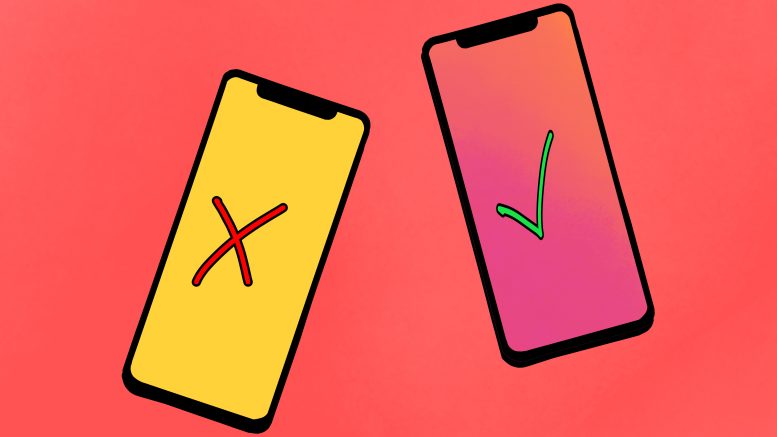Dating apps feel like cash grabs. These apps are created as obvious ploys for profit while being sold as ways to help users find their “one-and-only,” with a narrative that users’ chances go up by upgrading their profiles to premium at a specific price point.
This is not to say that true connections can’t be made and formed on these apps without these capitalist gatekeeping methods in place. However, the fact that users have to pay exorbitant amounts of money in order to unlock features that could be helpful in their journey is outrageous to say the least.
This might sound like a harsh perspective, but so is love, which can be even harsher.
Dating apps are banking on the hopes that those searching for some kind of connection will be willing to spend to make it happen. Which presumably is why so many of the apps offer premium features — for a premium price.
For the negligible cost of just around $20 per week for the Tinder Gold features, you too can be pickier and choosier than most. For a chance to see your matching “Bees” on Bumble Premium, you’ll have to cough up $29.99 per week.
Price points aside, are these apps worth it?
To help work through some of the advantages and disadvantages of dating apps, five students on campus expressed their own thoughts on dating app life.
While Aadhya Patel, 19, a student at the International College of Manitoba, has not used dating apps, she told the Manitoban, “I think they’re really interesting, but their baseline is just on attraction.”
“You don’t really know how a person is, you’re just looking at them and then swiping left or right, because, you know, if they’re pleasing to the eye or not,” she said.
By contrast, Jordan Miller, 21, a student in the Asper school of business, said based on his experience with Tinder, “I think they’re a good way for people to get out and get to know people. I think it’s convenient.”
When asked if he thinks that they are a better alternative to meeting in person, Miller said, “No, but I think a lot of people nowadays are too shy to actually talk to people in person, so it’s easier to text them off the start and then kind of meet up after you know a thing or two about each other.”
Similarly, when asked if there’s a better alternative to dating apps for people who are too shy, nervous or anxious to start a conversation with someone in person, Em Tardiff, 19, in university 1, said, “If you want something bad enough you can probably look for it, like if you want to talk to someone anonymously [online].”
Bella Garcia, 19, in the faculty of science, said, “Maybe getting someone, like a friend, to hook them up. ‘Cause I’m a pretty shy person too, in-person, and I don’t think I could do that.”
When asked about how dating apps might help shy or anxious people start conversations, Shobhit Negi, 21, a student in the Price faculty of engineering, said, “That is something [that is] hard to say. Because I usually don’t start a conversation, I wait for the other person.”
These experiences are commonplace for most people. However, the question now becomes, if everybody waits for the other person, when is the conversation going to start?
Dating apps differ in the fact that there is no dilly-dallying, at least in a traditional sense. Both participants are there on the app to connect with one another, so at least there’s a mutual interest.
Monica Muiro, 20, in the Asper school of business, said, “I feel like it’s very natural now, ‘cause every[one] is on their phone more often, so I feel like it is very convenient, it’s very effective at the moment.”
“I think the overall message is just to meet people, get friends, put yourself out there,” she said.
This is something hard enough to do in in-person interactions. Gauging where somebody is at is tough at times. Dating apps, theoretically, at least take the miserable guesswork out of the equation.
In the end, perhaps, dating apps are a great way for people to connect with others and also to possibly meet people they may not have had a chance to in real life.
This could be ideal for students who already live such turbulent and busy lives.
The digital world doesn’t necessarily take the place of in-person interactions, as those will always happen. Whether or not they are fruitful is a different thing, but they at least give users an idea of who likes them and if it’s not a match.
While dating apps lack that face-to-face element, I suppose when we are just as likely, if not even more so, to not say anything to our crush in person, is there any reason not to join? Paid features aside, there may be value in dating apps after all.


